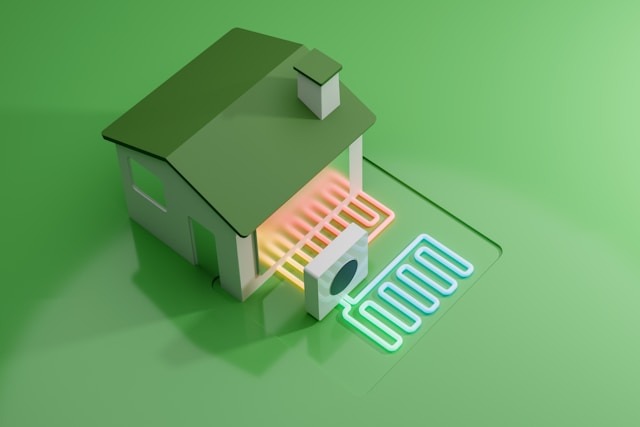Installing a new heating system is a significant investment that impacts your home’s comfort, energy efficiency, and long-term value. Making the right decision requires careful consideration of several factors to ensure the system meets your needs and fits your budget. Here’s what to keep in mind before starting your heating installation project.
1. Assess Your Heating Needs
Why It Matters:
Every home has unique heating requirements based on size, layout, and local climate.
Steps to Take:
- Evaluate Home Size: Larger homes may require central heating systems, while smaller spaces might benefit from ductless solutions.
- Consider Zoning: Multi-level homes may need zoning to ensure consistent temperatures across different areas.
2. Understand Different Heating System Types
Options to Consider:
- Furnaces: Efficient for cold climates; available in gas, electric, or oil options.
- Heat Pumps: Ideal for mild climates; doubles as a cooling system in summer.
- Boilers: Great for radiant or underfloor heating; uses water or steam to distribute heat.
- Ductless Mini-Splits: Perfect for homes without ducts or for room-specific heating.
3. Energy Efficiency Ratings
Why It Matters:
Energy-efficient systems reduce utility bills and environmental impact.
Key Metrics:
- AFUE (Annual Fuel Utilization Efficiency): Indicates the efficiency of furnaces and boilers. Look for systems with 90% or higher AFUE ratings.
- HSPF (Heating Seasonal Performance Factor): Used for heat pumps; higher ratings mean greater efficiency.
- ENERGY STAR Certification: Ensures the system meets stringent efficiency standards.
4. Fuel Type Availability
Common Options:
- Gas: Cost-effective and widely available but requires access to a gas line.
- Electricity: Suitable for areas without gas lines; slightly higher operating costs.
- Oil or Propane: Often used in rural areas without access to gas or electricity.
- Renewable Energy: Geothermal or solar-powered systems for eco-conscious homeowners.
5. Budget and Long-Term Costs
Initial Costs:
- Installation expenses vary depending on the system type and complexity.
Operational Costs:
- Consider energy consumption, fuel prices, and maintenance requirements.
- Energy-efficient systems often have higher upfront costs but save money over time.
6. Compatibility with Existing Infrastructure
Ductwork Requirements:
- Central systems like furnaces and heat pumps need existing ductwork in good condition.
- Ductless mini-splits eliminate the need for ducts but may require wall-mounted units.
Space Considerations:
- Ensure there’s enough room for the heating system and its components, such as boilers or outdoor heat pump units.
7. Professional Installation vs. DIY
Why Go Professional:
- Licensed HVAC technicians ensure the system is installed correctly, safely, and in compliance with local codes.
- Professional installation prevents costly errors and voided warranties.
DIY Risks:
- Improper installation can lead to inefficiency, safety hazards, and increased repair costs.
8. Maintenance and Lifespan
Maintenance Needs:
- Schedule regular inspections and servicing to keep the system running efficiently.
- Replace filters, clean ducts, and inspect components periodically.
Expected Lifespan:
- Furnaces and boilers typically last 15-20 years, while heat pumps may last 10-15 years. Proper care extends longevity.
9. Smart Home Integration
Why It’s Worth Considering:
- Smart thermostats and connected systems offer greater control and energy savings.
- Features like remote operation and programmable schedules enhance convenience.
10. Environmental Impact
Eco-Friendly Options:
- Geothermal systems and heat pumps reduce reliance on fossil fuels.
- Solar-powered heating systems are sustainable but require high upfront investments.
Conclusion
Choosing the right heating system involves more than selecting the most popular option. By considering factors like energy efficiency, system type, budget, and long-term maintenance, you can make an informed decision that enhances your home’s comfort and value.
Work with a trusted HVAC professional to assess your needs and ensure a seamless installation process. A well-chosen heating system will keep your home cozy and efficient for years to come.
